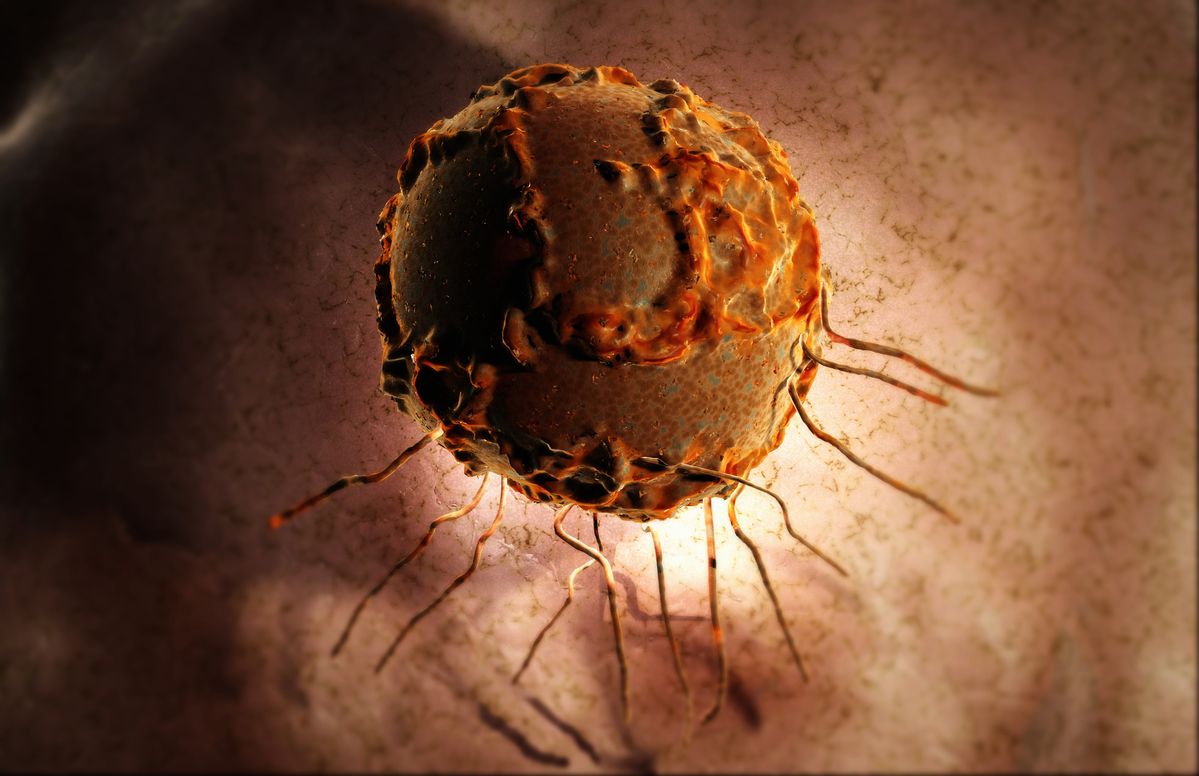Scientists converted the patient’s own cells into blood sugar-regulating cell clusters before injecting them back into her abdomen—and one year later, she still doesn’t need insulin injections
The procedure was a world first—no other type 1 diabetes patient had been treated with their own cells. Two and a half months later, the young woman started producing enough of her own insulin to not need injections of the hormone anymore. Now, more than a year has passed since the treatment, and in another world first, her ability to produce insulin has remained stable.
Type 1 diabetes is an autoimmune disease in which the body attacks its own insulin-producing cells in the pancreas, which are found in clusters called islets. These cells secrete hormones to regulate blood sugar levels. This immune response results in chronic high blood sugar for diabetes patients, which can lead to other serious health conditions. China currently has the highest number of diabetes cases in the world.


